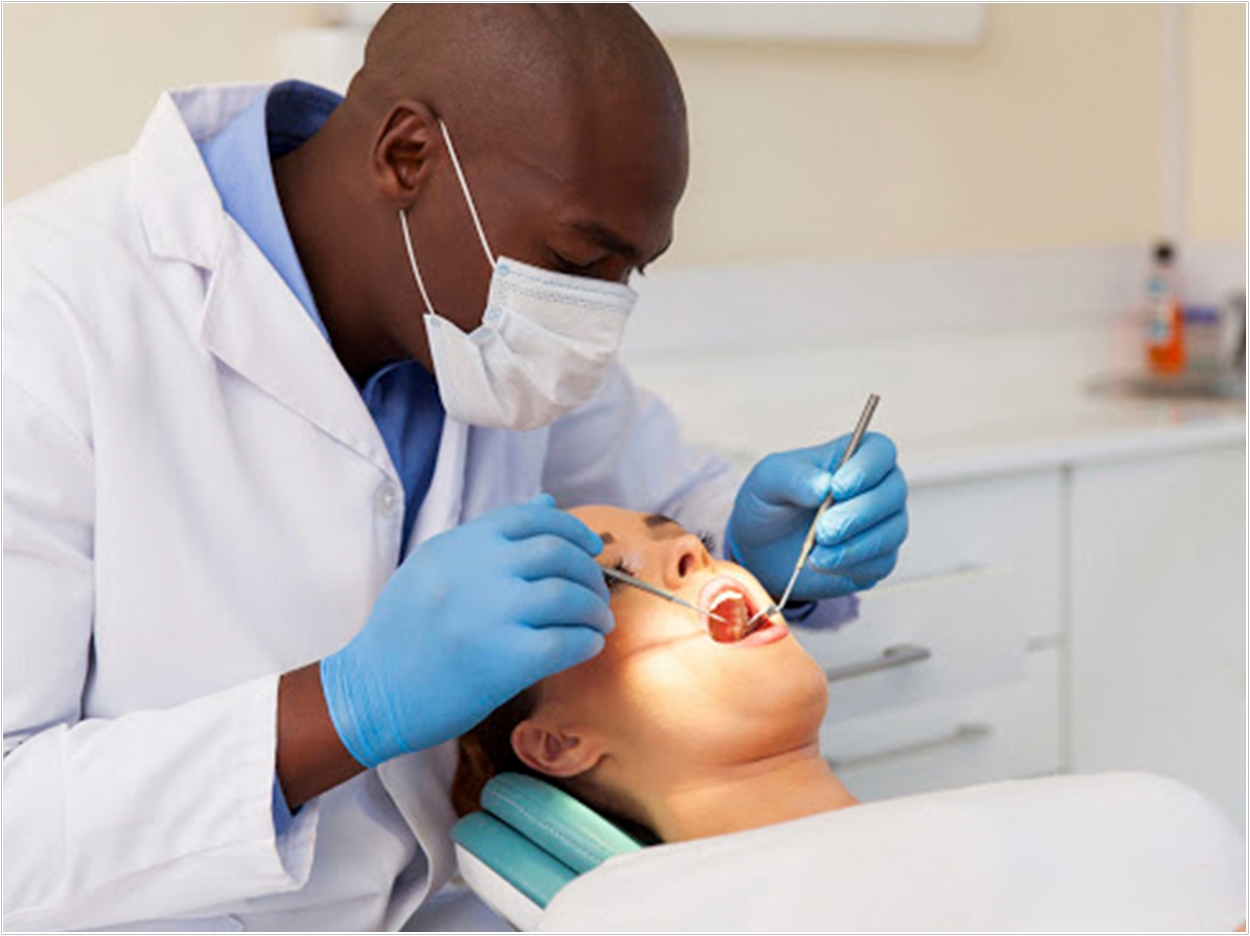
The American Association for Dental Research (AADR) has received a five-year grant of more than $1.3 million from the National Institute of Dental and Craniofacial Research (NIDCR) as part of NICDR’s Mentoring Network to Support a Diverse Dental, Oral and Craniofacial Research Workforce.
Principal investigators include David Drake, professor of microbiology, of the University of Iowa and the Iowa Institute for Oral Health Research; Christopher H. Fox, CEO, of the AADR; and Effie Ioannodou, director of the University of Connecticut Dental Clinical Research Center.
The National Institutes of Health (NIH) says that it recognizes a unique and compelling need to promote diversity in its funded biomedical, behavioral, clinical, and social sciences workforce.
The program’s primary goal is to establish a mentoring network that will enable a diverse pool of early career investigators, including those from groups identified as underrepresented in the biomedical, behavioral, clinical, and social sciences, to develop professional career skills.
Also, the program aims to enhance professional career advancement and help these researchers transition from one career stage to the next, such as postdoctoral scientists moving into junior faculty positions or junior faculty achieving tenure. The program seeks to develop a high-quality, independently funded research program as well.
The AADR expects its Mentoring an Inclusive Network for a Diverse Workforce of the Future (AADR MIND the Future) to build a vibrant and inclusive community of investigators whose participation is vital to advancing dental, oral, and craniofacial research and improving the oral health of the nation.
Ten new mentees will be funded per year for the five funding years. Once the mentees complete the program, they will become alumni. The program will offer educational activities and interactive opportunities across the network and between mentors and mentees to support the development of a diverse cadre of dental, oral, and craniofacial researchers.
“AADR is committed to increasing diversity and inclusion within the organization and within the broader dental, oral, and craniofacial research workforce,” said Timothy Wright, AADR president. “This grant allows us to connect 50 mentees and mentors, several universities, and three reputable organizations to advance diversity and inclusion. It’s an outstanding opportunity that we are proud to lead.”
Organized into Eastern, Western, Southern, and Midwest Hubs, the 11 participating universities include the two dental schools based in historically black universities and colleges, recognizing the importance of diversity and inclusion for both mentees and mentors, as well as one institution well funded by the NIDCR but without a dental school, the AADR said. The universities include:
- Columbia University
- Howard University
- Meharry Dental College
- Stanford University
- University of California, Los Angeles
- University of Connecticut
- University of Florida
- University of Iowa
- University of Minnesota
- University of Oklahoma
- University of Texas Health Science Center at Houston
Among the three organizations that also are participating, the Oklahoma Center for Mentoring Excellence will conduct a workshop for mentor training each year of the grant. Also, the Alan Alda Center for Communicating Science will offer one full-day Workshop in Science Communication during the AADR Annual Meeting each year for the five grant years.
And third, the NIH National Research Mentoring Network (NRMN) is an NIH-funded and supported, nationwide consortium of biomedical faculty and scientists across universities and institutions. AADR plans to integrate the program with key programs within the NRMN. The AADR says this is an important integration that will significantly benefit both NIH-supported programs and provide mentees with a comprehensive mentoring experience that will lead to their success in academia.
Related Articles
Grad Program Increases Minority Success in Dental School
Pipeline Program Steers More Underrepresented Students Toward Dental School
Minorities Underrepresented in the Dental Workforce












